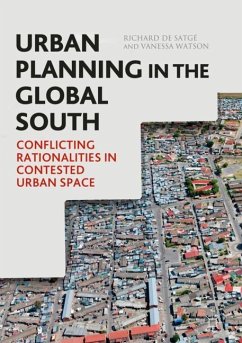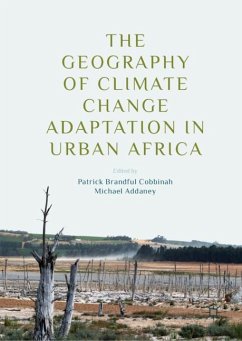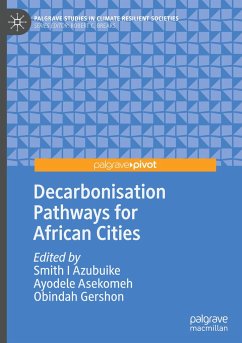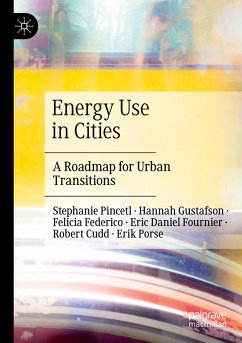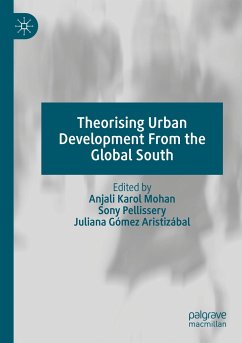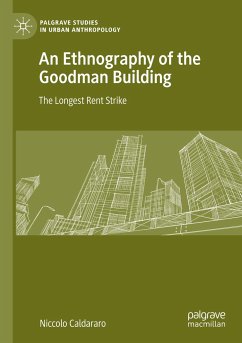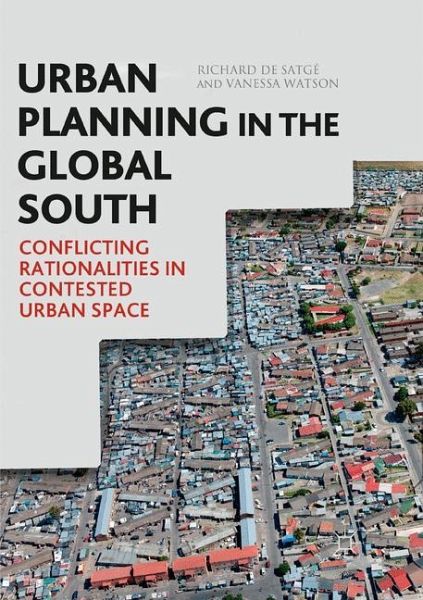
Urban Planning in the Global South
Conflicting Rationalities in Contested Urban Space
Versandkostenfrei!
Versandfertig in 6-10 Tagen
129,99 €
inkl. MwSt.
Weitere Ausgaben:

PAYBACK Punkte
65 °P sammeln!
This book addresses the on-going crisis of informality in rapidly growing cities of the global South. The authors offer a Southern perspective on planning theory, explaining how the concept of conflicting rationalities complements and expands upon a theoretical tradition which still primarily speaks to global 'Northern' audiences. De Satgé and Watson posit that a significant change is needed in the makeup of urban planning theory and practice - requiring an understanding of the 'conflict of rationalities' between state planning and those struggling to survive in urban informal settlements - f...
This book addresses the on-going crisis of informality in rapidly growing cities of the global South. The authors offer a Southern perspective on planning theory, explaining how the concept of conflicting rationalities complements and expands upon a theoretical tradition which still primarily speaks to global 'Northern' audiences. De Satgé and Watson posit that a significant change is needed in the makeup of urban planning theory and practice - requiring an understanding of the 'conflict of rationalities' between state planning and those struggling to survive in urban informal settlements - for social conditions to improve in the global South. Ethnography, as illustrated in the book's case study - Langa, a township in Cape Town, South Africa - is used to arrive at this conclusion. The authors are thus able to demonstrate how power and conflict between the ambitions of state planners and shack-dwellers, attempting to survive in a resource-poor context, have permeated and shaped all state-society engagement in this planning process.





